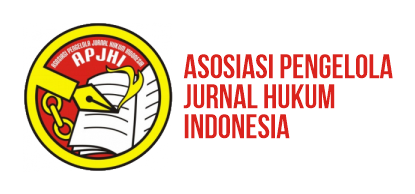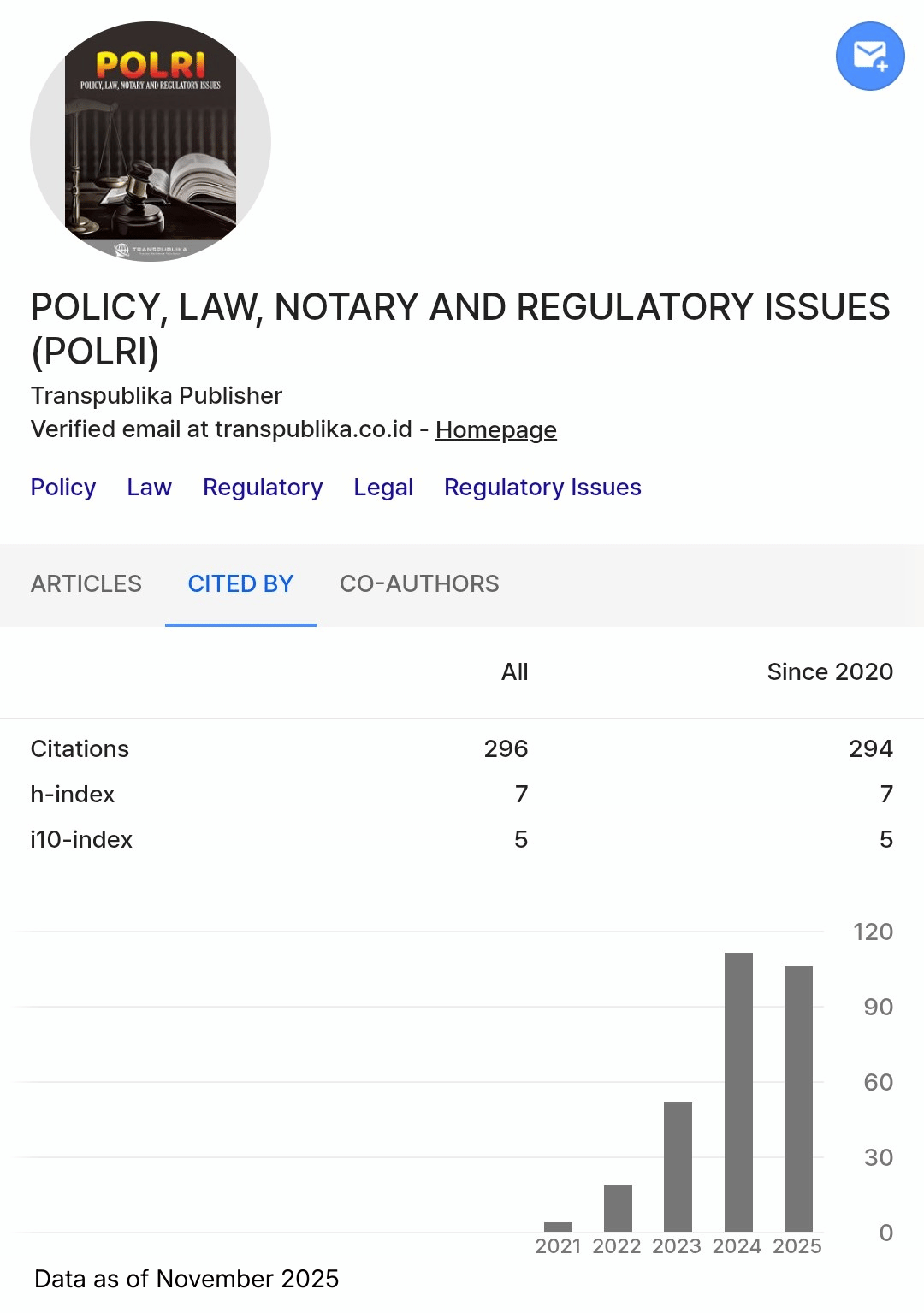JURIDICAL STATUS OF STOCK EXCHANGE AND INVESTOR LEGAL PROTECTION IN FORCED DELISTING
Main Article Content
Ayu Atha Diva Daniswara*
I Wayan Novy Purwanto
The Stock Exchange has a role as a regulator of securities trading in the capital market. The Stock Exchange works for profit which is then aimed at developing securities trading activities in the capital market. Meanwhile, there is no form of legal protection for investors in the capital market which is specifically regulated in the law. The purpose of this study is to examine the juridical status of the stock exchange and to determine the legal protection for investors in the implementation of forced delisting. This study uses a normative legal research method, which is sourced from the Legislation by using a library research method. The results reveal that the Juridical status of the Stock Exchange is a company that has its own working rules, so it has differences compared to companies in general, and there is no form of protection for stock investors who experience forced delisting of issuers on the stock exchange. Investors are only given the opportunity to make sales in the negotiated market whose time is determined by the exchange. The findings of this research provide an explanation of the legal protections afforded to investors in the event that forced delisting is implemented.
Ali, A. (2022). Menguak Tabir (Suatu Kajian Filosofis dan Sosiologis). Gunung Agung.
Bakke, T.-E., Jens, C. E., & Whited, T. M. (2012). The real effects of delisting: Evidence from a regression discontinuity design. Finance Research Letters, 9(4), 183–193.
Barus, A. C. (2013). Analisis Faktor-Faktor yang Mempengaruhi Profitabilitas pada Perusahaan Manufaktur yang Terdaftar di Bursa Efek Indonesia. Jurnal Wira Ekonomi Mikroskil, 3(2), 111–121.
Hartarto, G. J. T. (2020). Status Yuridis Bursa Efek Sebagai Pengatur Kegiatan Perdagangan Pasar Modal. Masalah-Masalah Hukum, 50(2), 143–150.
Ibbotson, R. G., & Ritter, J. R. (1995). Initial public offerings. Handbooks in Operations Research and Management Science, 9, 993–1016.
Indriani, N. A., Anggriani, S., & Eriswanto, E. (2020). Pengaruh Hutang Jangka Panjang Terhadap Return On Investment Pada Pt Kalbe Farma, Tbk. Jurnal Ilmu Manajemen Retail Universitas Muhammadiyah Sukabumi, 1(2), 65–75.
Mahmud, P. M. (2016). Pengantar Ilmu Hukum Edisi Revisi. Jakarta: Kencana Pranada.
Putri, S. A. (2014). Pengawasan Bapepam-lk Terhadap Transaksi Efek Yang Berindikasi Insider Trading Pada Bursa Efek Indonesia. Brawijaya University.
Radbruch, G. (1932). Legal philosophy.
Saputra, S. A. S., & Budiharto, P. P. (2016). Perlindungan Hukum terhadap Investor Atas Diberlakukannya Forced Delisting oleh Bursa Efek Indonesia (Studi Kasus PT Davomas Abadi Tbk). Diponegoro Law Journal, 5(3), 1–18.
Senna, C. (2020). Perlindungan Hukum Terhadap Investor atas Diberlakukannya Forced Delisting di Bursa Efek Indonesia dan Akibat Hukumnya. Dinamika: Jurnal Ilmiah Ilmu Hukum, 26(1), 27–36.
Sitorus, L. R. (2019). Tinjauan Yuridis Tindakan Delisting Oleh Bursa Efek Indonesia dan Perlindungan Pemegang Saham (Studi Kasus: PT. Berau Coal Energy, Tbk.). Dialogia Iuridica, 10(2), 19–32.
Suratman, A. R. (2017). Hukum Investasi dan Pasar Modal. Edisi Pertama. Cetakan Ke Empat. Sinar Grafika, Jakarta.
Thompson, E. K., & Kim, C. (2020). The Effect of Information Asymmetry on the Method of Payment and Post-M&A Involuntary Delisting. Asia-Pacific Journal of Business, 11(3), 1–20.
Tista, A. (2013). Perkembangan Sistem Lelang di Indonesia. Al-Adl: Jurnal Hukum, 5(10).
Wijayanti, A. (2009). Hukum ketenagakerjaan pasca reformasi (Vol. 1). Sinar Grafika.















